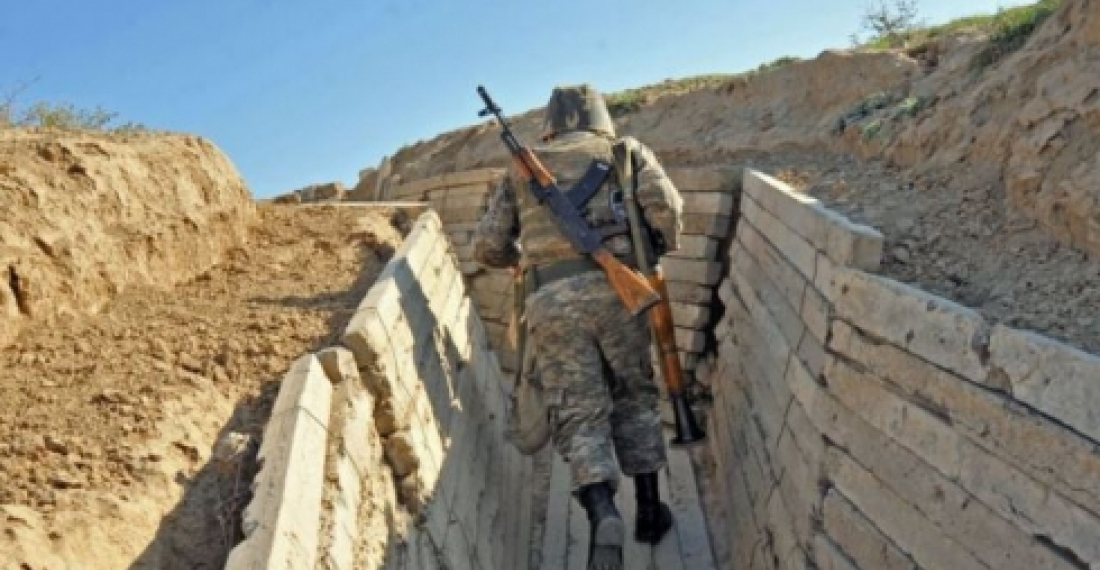There have been further fatalities on the front line separating Armenian and Azerbaijani soldiers in the Karabakh conflict zone this week. On Monday, a Senior lieutenant of the Armenian Army, Arutyun Safaryan died after hitting a mine. He was the fourth Armenian casualty over the last few days. Three other Armenian soldiers were reported killed in the last days of March as a result of fire from the opposing side.
Yesterday, the Azerbaijani Ministry of Defence reported that one of its soldiers was killed by Armenian sniper fire in the Terter sector of the line of contact. The victim was named as Akif Aydin Bakhshiyev, who was a conscript from Ismayilli region. The Azerbaijani military continued to report cease fire violations during the night between Tuesday and Wednesday (1-2 April).
There is increasing unease in both Armenia and Azerbaijan at the loss of life of young people serving in the military on the Karabakh front line. The number of casualties has been increasing in the last years despite the fact that a cease fire is nominally in place. The two governments have been trying to bolster morale by awarding posthumously medals to the dead soldiers, organising military funerals and giving compensation to families of those killed. But the loss of life of so many young people is unsettling and is affecting the mood of society, especially in the districts close to the conflict zone. Most of those killed are conscripts from poor families who have little means to voice their opinion. But wider society has now started getting interested in the issue and asking: Will this never stop?
source: commonspace.eu with agencies.







